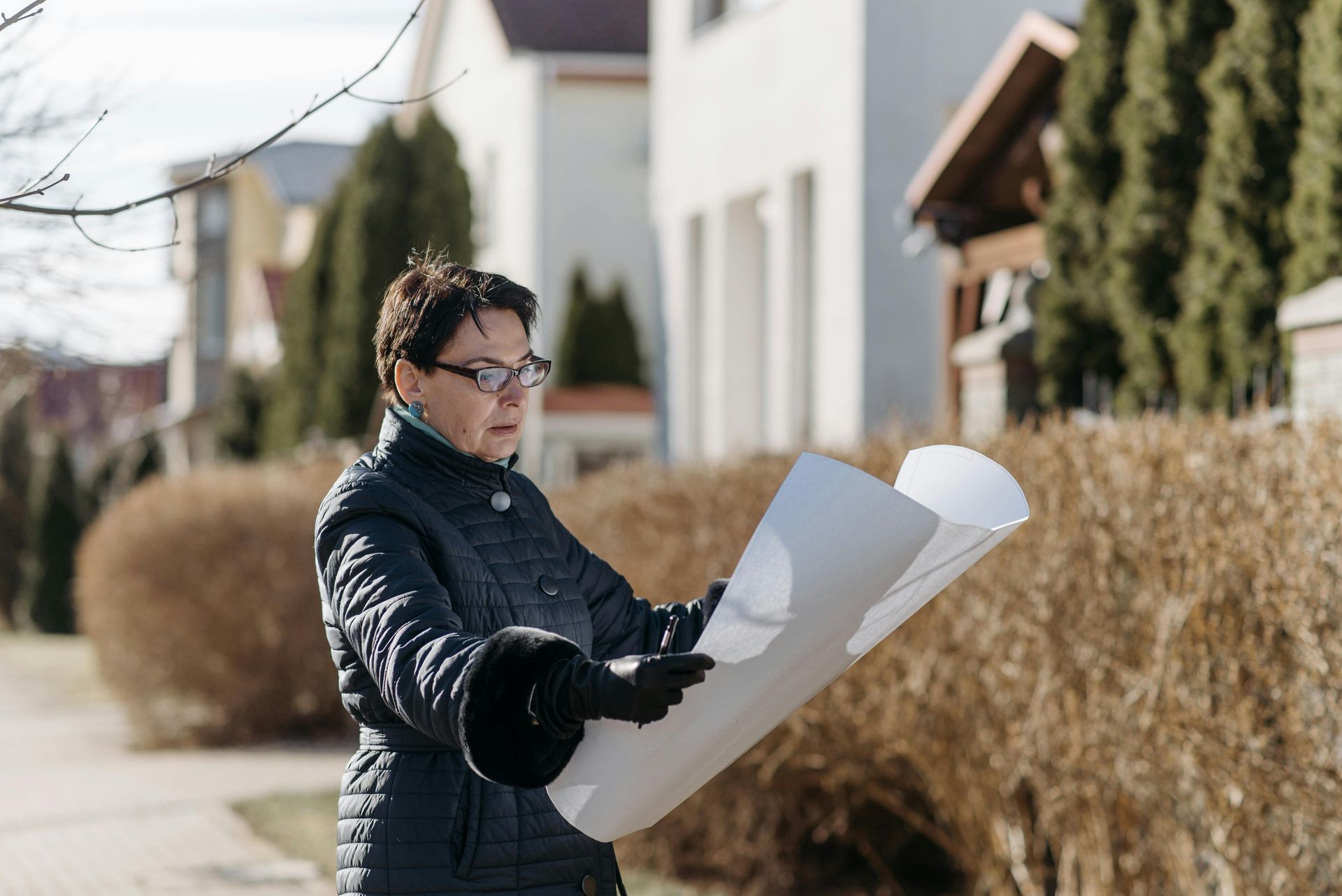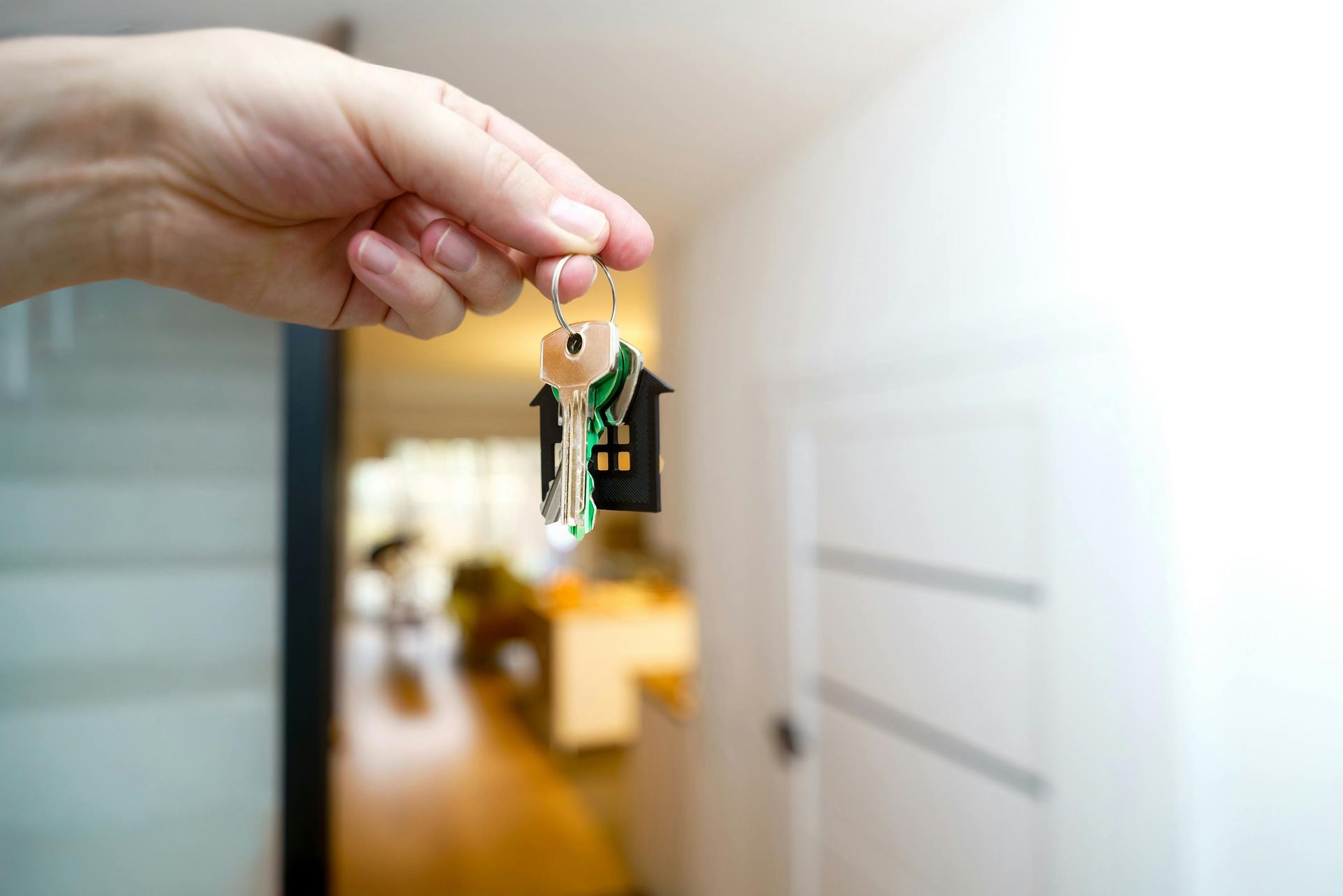The Ultimate Guide to Buying Your First Home: Step-by-Step Process
The Ultimate Guide to Buying Your First Home: Step-by-Step Process
Buying your first home is an exciting milestone & one of the largest investments most people will make in a lifetime, but it can also feel overwhelming. From getting pre-approved for a mortgage to closing the deal, the process has many steps, and making the wrong move could cost you time and money.
In this step-by-step guide, we’ll walk you through everything you need to know about buying your first home in 2025 - including financial preparation, home searches, inspections, mortgage approvals, and closing day tips. Whether you’re looking for a home in Gwinnett County, Georgia, or anywhere in the U.S., this guide will help you navigate the home-buying journey with confidence.
Lets dive in!
Step 1: Assess Your Financial Readiness
Before you start searching for homes, it’s important to understand your financial situation. Lenders and sellers want to know that you’re a serious buyer, so preparing your finances upfront will help you secure the best mortgage and home.
Key Financial Factors to Consider
✔ Check Your Credit Score
Your credit score affects the mortgage interest rate you’ll qualify for & is a vital piece of this process. Here’s what lenders look for:
- 750+ (Excellent): You’ll get the best interest rates.
- 700-749 (Good): You qualify for competitive rates.
- 650-699 (Fair): You may need a higher down payment.
- Below 650 (Poor): Consider improving your credit before applying for a loan.
Tip: You can check your credit score for free on websites like Experian, Credit Karma, or your bank’s app.
Save for a Down Payment & Closing Costs
The standard down payment is 20%, but many first-time buyers qualify for low down payment loans:
- FHA Loan: 3.5% down (ideal for lower credit scores).
- Conventional Loan: 3-5% down (good credit required).
- VA Loan: 0% down (for veterans and military members).
Closing costs (covering lender fees, insurance, and title fees) typically range from 2-5% of the home’s price.
Tip: Use an online mortgage calculator to estimate monthly payments before house hunting.
Step 2: Get Pre-Approved for a Mortgage
A mortgage pre-approval is a lender’s confirmation of how much they’re willing to loan you. Having this shows sellers that you’re a serious buyer.
Pre-Approval vs. Pre-Qualification
- Pre-Qualification: An estimate based on self-reported information (not verified).
- Pre-Approval: A lender verifies your income, credit, and assets - (this is what you need before making an offer).
Documents Needed for Pre-Approval
- Proof of income (W-2s, tax returns, pay stubs).
- Credit report.
- Employment verification.
- Debt and asset information.
Tip: Shop around for mortgage rates! Different lenders offer different rates, so compare at least three lenders before committing on a rate.
Step 3: Define Your Home Requirements
Before house hunting, decide on your Must - Have features and desired location.
Questions to Ask Yourself:
Do I want a house, townhouse, or condo?
How many bedrooms and bathrooms do I need?
What are my ideal neighborhoods and why?
How far is my commute to work/schools?
Tip: Research school ratings, crime rates, and amenities in your preferred areas using sites like Zillow, Redfin, or NeighborhoodScout. Or feel free to ask an agent / area expert.
Step 4: Find a Real Estate Agent
A great real estate agent can save you time and money. They help with finding homes, negotiating offers, and navigating paperwork.
How to Choose the Right Agent:
- Look for local expertise (especially in competitive markets like Gwinnett County).
- Read reviews and testimonials & most importantly trust your Gut.
- Ask about commission fees, & services
Tip: Many seller’s agents pay the buyer’s agent commission, so working with an agent is often free for buyers.
Step 5: Start House Hunting
Now comes the exciting part - searching for your dream home!
Where to Search for Homes:
- MLS Listings: Use Zillow, Realtor.com, Gwinnettcounty.realestate, or your agent’s website.
- Open Houses: Walk through homes to get a feel for them.
- Off-Market Deals: Some properties aren’t listed publicly - your agent can help find these hidden gems.
Tip: Make a home-buying checklist to compare properties before deciding.
Step 6: Make an Offer on a Home
Once you find a home you love, your agent will help you make a strong offer.
What to Include in Your Offer:
- Purchase price (your agent will help determine a competitive bid).
- Earnest money deposit (1-3% of the purchase price aka (skin in the game).
- Contingencies (inspection, appraisal, financing).
Tip: In a competitive market, offer above asking price or include a personal letter to the seller to stand out.
Step 7: Get a Home Inspection & Appraisal
A home inspection ensures the property is in good condition before you buy it. (THIS IS A MUST)
What Inspectors Check:
Roof & foundation condition.
Plumbing, electrical, and HVAC systems.
Mold, water damage, and pests.
Tip: If the inspection reveals major issues, you can renegotiate the price or request repairs from the seller.
Step 8: Finalize Your Mortgage & Paperwork
Once your offer is accepted, your lender will finalize your mortgage.
Steps Before Closing:
- Your lender completes the underwriting process.
- You receive a closing disclosure detailing final costs in detail.
- You secure homeowner’s insurance.
Tip: Avoid big purchases or new credit lines before closing—this could delay or cancel your mortgage approval.
Step 9: Close the Deal & Get Your Keys
Closing day is when you officially become a homeowner!
What Happens on Closing Day?
- You’ll sign all legal paperwork.
- Pay closing costs.
- Receive the keys to your new home! Yippee !!!
Tip: Bring a valid ID, cashier’s check, and any remaining documents required by your lender.
Step 10: Move In & Settle Into Your New Home
Congratulations! Now it’s time to set up utilities, update your address, and start enjoying homeownership.
Moving Checklist:
Transfer electricity, water, and internet.
Update your driver’s license and mailing address.
Change your locks and security settings.
Tip: Set aside an emergency fund for unexpected home repairs.
Buying your first home is a big step, but by following this step-by-step guide, you can navigate the process with confidence.
Thinking about buying your first home? Get a FREE consultation with our real estate experts today! Contact GwinnettCounty.RealEstate to get started.




